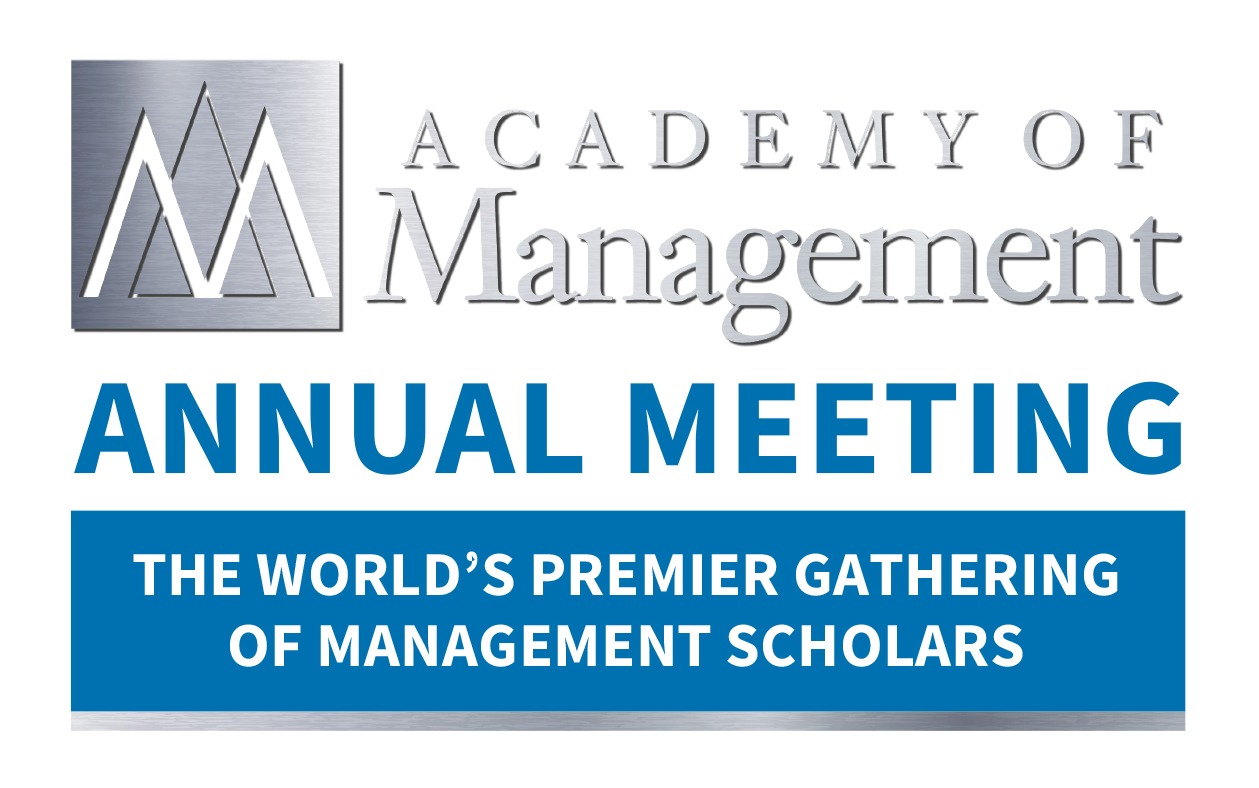Symposia and Paper Sessions
Symposium Sessions
In symposium sessions, several speakers discuss a common topic or theme in a manner that brings new insights to the subject. Symposia can be submitted to up to three Divisions and Interest Groups (DIGs). There are two types of symposia: Panel Symposia and Presenter Symposia. Symposia can be singly sponsored by a DIG, or jointly sponsored by up to three DIGs. All symposium sessions are scheduled in 90-minute time blocks and will be held in-person from Sunday through Tuesday.
Panel Symposia
A panel symposium engages a group of panelists in an interactive discussion. There are no titles associated with the panelists’ presentations. Proposals for panel discussions should include clear descriptions of the topics to be discussed and the procedures that will be used to manage the discussion among panelists and with the audience.
Presenter Symposia
A presenter symposium involves a series of authored papers on a preset theme. In a presenter symposium, titles and authors / presenters are associated with each presentation. A presenter symposium can involve co-authored presentations. Co-authors will be listed on the program.
Showcase Symposia
Showcase symposia should be the very best symposium submissions received and should be expected to attract a large audience. Each DIG Program Chair may designate up to 10% of symposia accepted by their DIG to be designated as showcase symposia.
Paper Sessions
A paper can be submitted to only one Division or Interest Group (DIG). Paper sessions consist of accepted papers grouped together by the DIG Program Chair based upon a common theme reflecting the interests and domains of the DIG. Each paper session consists of three to five papers with a session moderator who handles introductions, time keeping, and guides the content of the session. Each author has a set amount of time to present their work. All paper sessions are scheduled in 90-minute time blocks and will be held in-person from Sunday through Tuesday.
Refereed Scholarly Submissions
Papers and symposia are blind reviewed to help protect the integrity of the submission and review process.
Papers are double-blind reviewed and are evaluated on clarity, analysis, methodological rigor, and overall quality. Double-blind review means that author and submitter information is not known to the reviewers, and reviewer information is not known to the authors or submitter.
Symposia are single-blind reviewed and are judged on overall quality, interest, relevance to the Division or Interest Group (DIG) to which they are submitted, and innovation and contribution. Single-blind review means that author and submitter information is known to the reviewers, but reviewer information is not known to the authors or submitter.
Important Notes
- Submitters do not need to be members to submit a proposal to the Annual Meeting.
- If a proposal is accepted, participants must register to attend the Annual Meeting.
- All participants attending the Annual Meeting must be AOM Members.
- Review the Paper Session submission guidelines.
 85th Annual Meeting of the Academy of Management
85th Annual Meeting of the Academy of Management